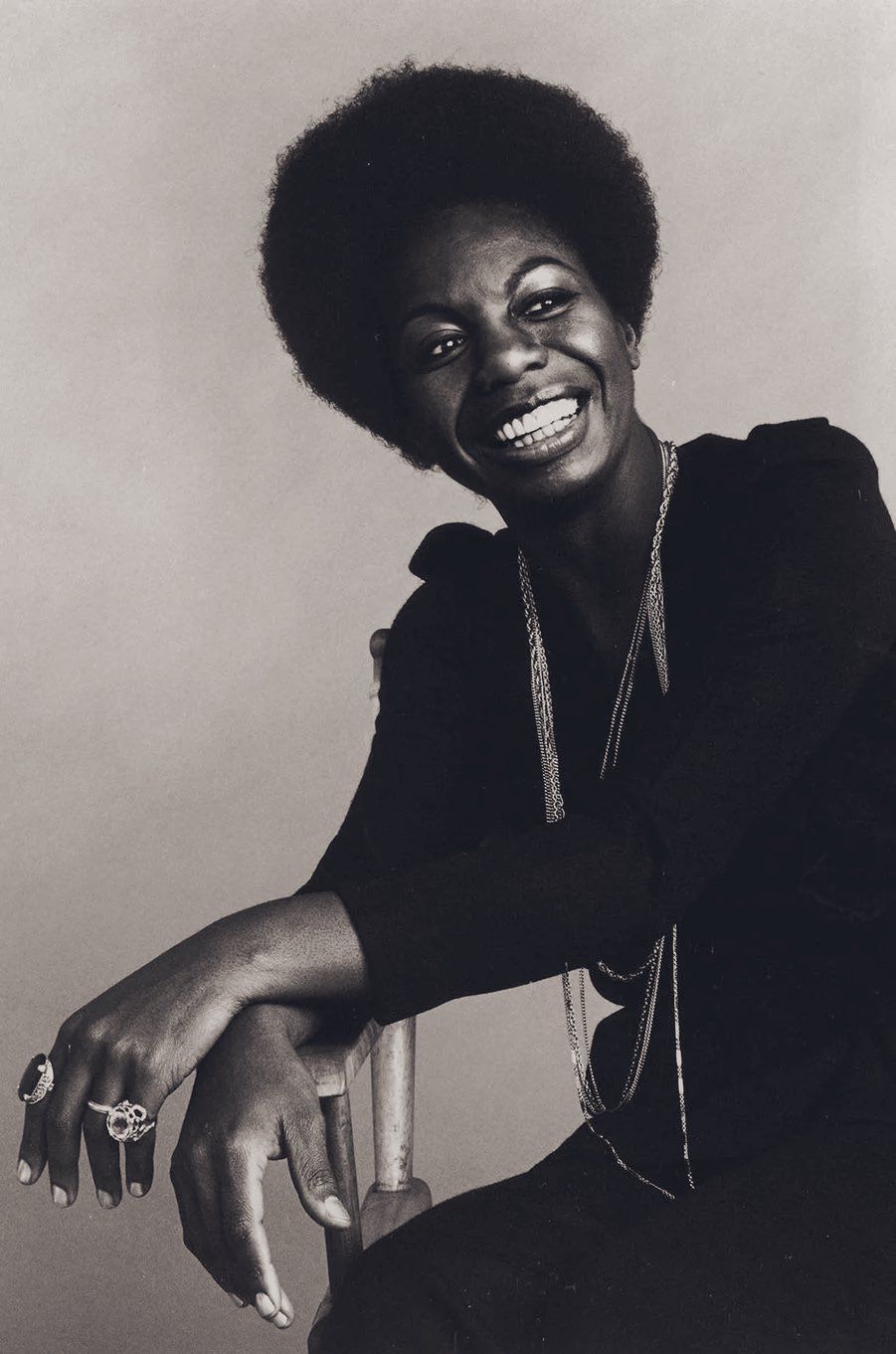Rapped in Politics: The Impact of Music Artists Being Knowledgeable and Involved
- MicPolitics

- Jun 8, 2023
- 2 min read

In today's ever-evolving landscape of politics and entertainment, music artists have emerged as influential figures who not only entertain but also engage in political discourse. This fusion of music and politics has given birth to a powerful force capable of shaping public opinion, inspiring change, and addressing critical social issues.
Music has always been a means of expression, reflecting the sentiments of the times. When artists use their platform to delve into politics, they open up avenues for dialogue and awareness.
Knowledgeable musicians can leverage their influence to highlight crucial political matters, educating their audience while sparking conversations that might have otherwise remained unexplored.
One of the most profound ways artists contribute to political discourse is by addressing social justice issues. Icons like Marvin Gaye and Nina Simone used their music to voice their support for civil rights movements, channeling the emotions and struggles of marginalized communities. This not only elevated their careers but also advanced the causes they championed.
Moreover, artists who are politically involved often encourage their fans to participate in the democratic process. When they actively engage in campaigns or use their music to rally for political causes, they inspire voter turnout and civic engagement.
This was evident during the 2008 and 2012 U.S. presidential elections, where musicians like Bruce Springsteen and Jay-Z played pivotal roles in mobilizing young voters.

The impact of musicians in politics can be a double-edged sword. When artists are not adequately informed, they risk spreading misinformation or advocating for misguided policies. It's crucial for them to research and comprehend the issues they support to avoid misleading their fan base.
The intersection of music and politics is a powerful catalyst for change and awareness. When music artists are knowledgeable about the issues they advocate for and actively engage in political discourse, they can shape the course of history. Their influence transcends the stage, reminding us that music is not only a form of entertainment but also a tool for societal transformation.







Comments